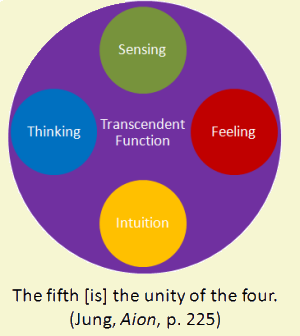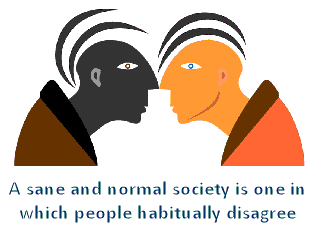C.G. Jung not only provided therapy for individuals, but also for religions, cultures and societies. From his analysis of two world wars and the emerging cold war, he identified the psychic epidemic as one of civilisation’s ills.
On 26/27 April 2016, NHS Junior Doctors will be on all-out strike. This will include the withdrawal of support for emergency care and sick children. The dispute is complex and has been going on for several years. In this article, I’m not going to focus on the nature or complexities of the dispute itself, but on how each side has dealt with the conflict. The ongoing failure to resolve the dispute is not due to disagreements over particular points. It is the result of a psychic epidemic, which is something that is much deeper and more difficult to resolve.

 A new, peer-reviewed paper has just been published in The Journal of Analytical Psychology (JoAP), with the title The five functions of psychological type. JoAP is the leading international journal primarily for Jungian Analysts.
A new, peer-reviewed paper has just been published in The Journal of Analytical Psychology (JoAP), with the title The five functions of psychological type. JoAP is the leading international journal primarily for Jungian Analysts.

